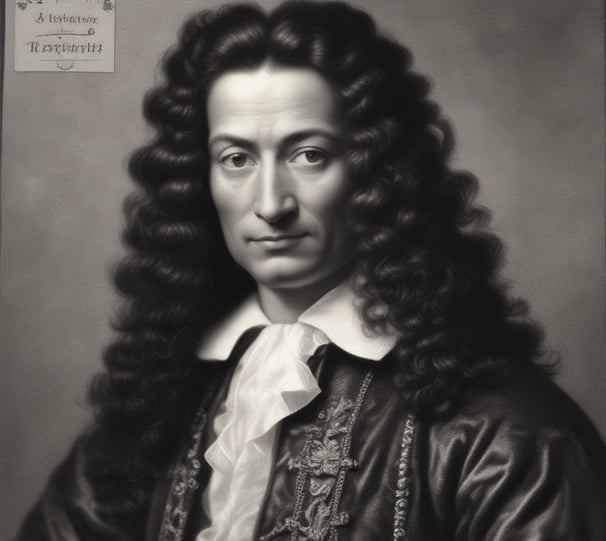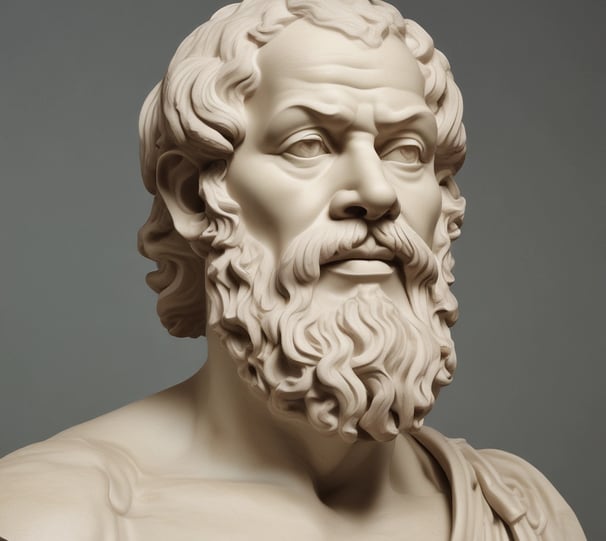In a time of social media, so many of today's philosophers are "self-proclaimed" philosophers. Most have never actually contributed to the field of philosophy, but instead praised or repeated the words of truly great philosophers.
This page is to recognize those who have allowed "their words " to speak for themselves. They don't feel the need to be self-titled 'philosopher,' but instead have been recognized as such by those following their work.
A philosopher is not a title earned through a degree; it is who that person is inside, regardless of any formal education they may have. Universities can teach the writings of both past and present Philosophers, but they can not instill the inner drive to question the world around them in deep contemplation. To boldly express their thoughts without concern for ridicule by those who may disagree. Socrates is a great example.
On the other hand, a formal education in Philosophy has many benefits.
Quality professors most often can spot those who are "natural" philosophers. Often, those are the students who will question ideas with well thought out reasons. Others will build upon the concepts of past philosophers, using knowledge that may not have been available to past philosophers.
Formal education will introduce exciting ideas, both past and present, which will stimulate the mind for further study. I fully endorse formal education in the field of Philosophy, but the degree earned does not make you a philosopher; that is something you will have to earn through many years of contemplation and self-reflection.
Here are some amazing contemporary Philosophers




Gottfried Wilhelm Leibniz, a German philosopher, mathematician, and geologist, was born July 1, 1646, in Leipzig, Germany.
Socrates was born in Athens in BC 496. He was one of the founders of Ancient Greek Philosophy. Socrates, known for his humble and philosophical endeavors, had a strong influence on Greek youth, especially Plato.


Philosopher - David Chalmers
Known for: The “Hard Problem” of consciousness
Why include: While mainstream, Chalmers took a bold step by framing consciousness as a fundamental entity, rather than a product of brain activity. His willingness to question materialist orthodoxy places him on the side of deep inquiry, not conformity.
Integrity point: He’s known for respectful debate and open curiosity, not academic arrogance.


Philosopher - Patricia Churchland
Known for: Neurophilosophy
Why include: She brings neuroscience into philosophy, helping many philosophers and scientists see the limits of reductionism.
Integrity point: She’s honest about the gaps in current understanding and has helped bridge disciplines thoughtfully, even when not everyone agrees with her.


Philosopher - Thomas Metzinger
Known for: Being No One and the self-model theory of subjectivity
Why include: Metzinger is courageous in asserting that the 'self' is a mental model, not an ontological fact, while still seeking ethical implications and consciousness studies.
Integrity point: He engages deeply with consciousness, phenomenology, and ethics, refusing to oversimplify or evangelize.


Philosopher - Raymond Tallis
Known for: Critiques of neuroscience’s overreach and materialist reductionism
Why include: Tallis is a retired physician and philosopher who courageously speaks out against scientism. His style is unapologetically intellectual but deeply humanistic.
Integrity point: He is a powerful example of someone who thinks independently from institutional trends.
Those who have contributed so much to the field of Philosophy
Adding contemporary philosophers - more here soon


Philosopher - Bernardo Kastrup
Known for: Metaphysical idealism, panpsychism, and consciousness-as-foundational
Why include: He is outspoken, deeply researched, and challenges academic materialism head-on.
Integrity point: He’s unafraid to face criticism and has built bridges between philosophy, science, and spirituality.
Visit us for the latest publishing news.
© 2025. All rights reserved.